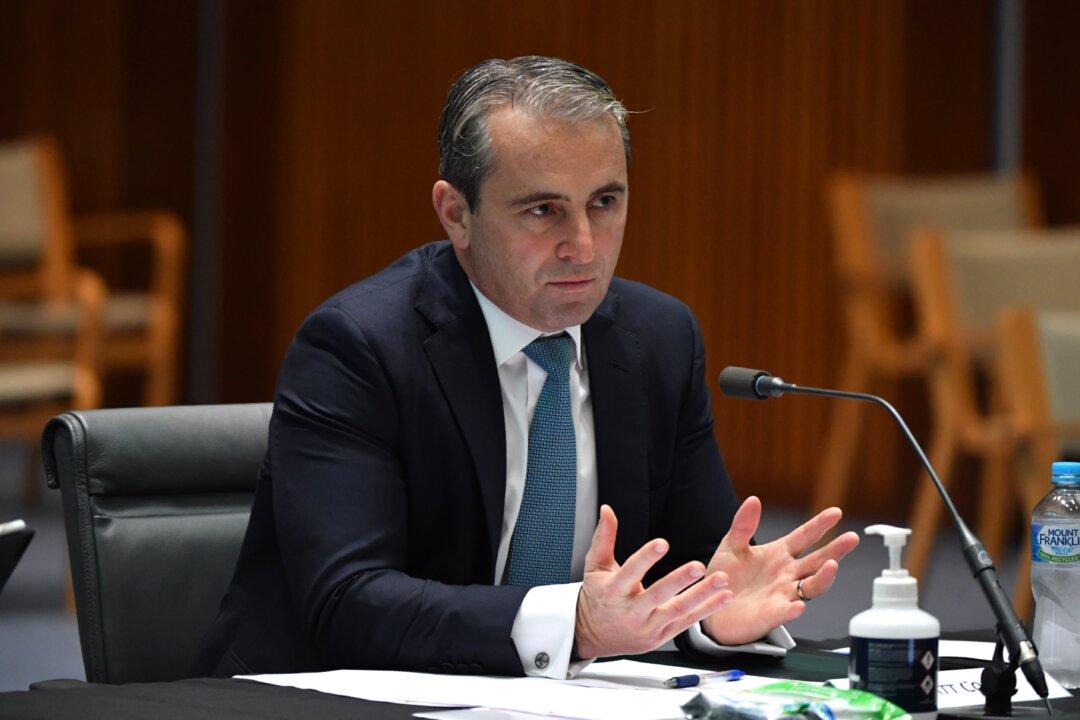Australia’s largest commercial bank has stated it is not “anti-gas” in response to concerns about the impact of its climate change policy on the country’s gas supply.
During a parliamentary inquiry on Aug. 29, representatives from the Commonwealth Bank of Australia (CBA) faced questions about the change in its lending policy for energy companies.





